'Seeds for the future': Partners in the fight against biodiversity loss
To carry out the project, BBVA and the Roca brothers ('Seeds for the future') relied on the work and experience of some of the world’s most important organizations specialized in biodiversity conservation.
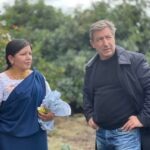
Banco de Germoplasma Hortícola at the Centro de Investigación y Tecnología Agroalimentaria (BGHZ-CITA) in Aragon
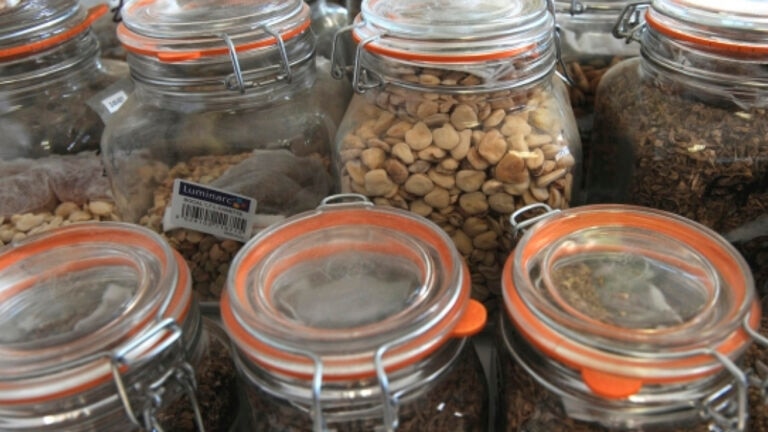
The Banco de Germoplasma Hortícola seed bank at the Centro de Investigación y Tecnología Agroalimentaria (BGHZ-CITA) was created in 1981 with one main goal: to preserve Spain’s horticultural genetic resources in order to prevent the loss of intraspecific variation, caused primarily by the replacement of many older local varieties with improved versions that are more uniform but have a more limited genetic base. The seed bank holds approximately 17,000 entries from over 300 species.
Marimurtra Botanical Garden in Catalonia
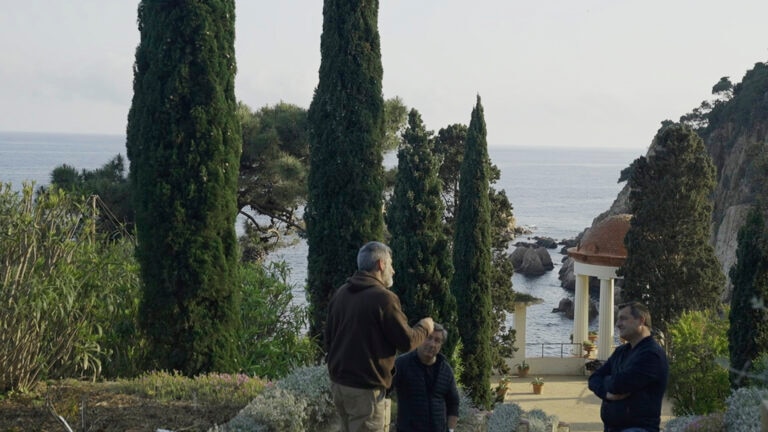
Dating back almost 100 years, Marimurtra Botanical Garden is one of two botanical gardens in Catalonia. It belongs to the Carl Faust Foundation, a private entity that fulfills the founder’s plans of guaranteeing its maintenance and updating its focus. Open to visitors, the Botanical Garden covers four hectares, which are divided into three gardens that have different features. There are countless plants and approximately 4,000 species from the five continents, including important specimens due to their unique biology, age or size.
FAO
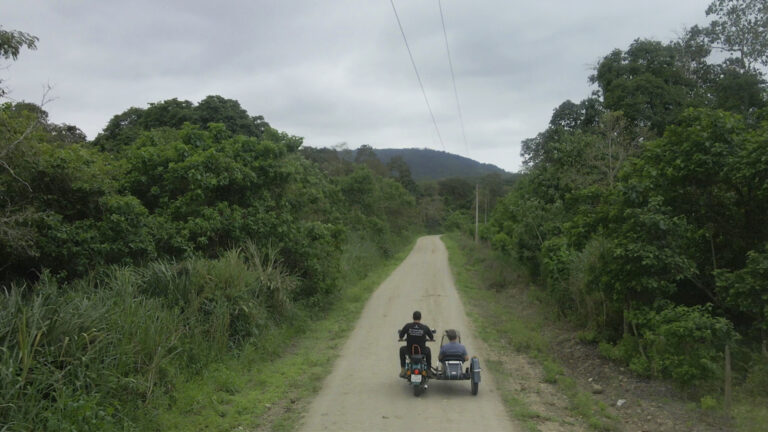
Founded in 1945, the Food and Agriculture Organization (FAO) is one of the largest specialized agencies within the United Nations. FAO’s main objective is to create a world in which food security prevails, thereby increasing nutrition levels, improving agricultural productivity and the conditions of people living in rural areas, and helping the global economy expand.
Crop Trust
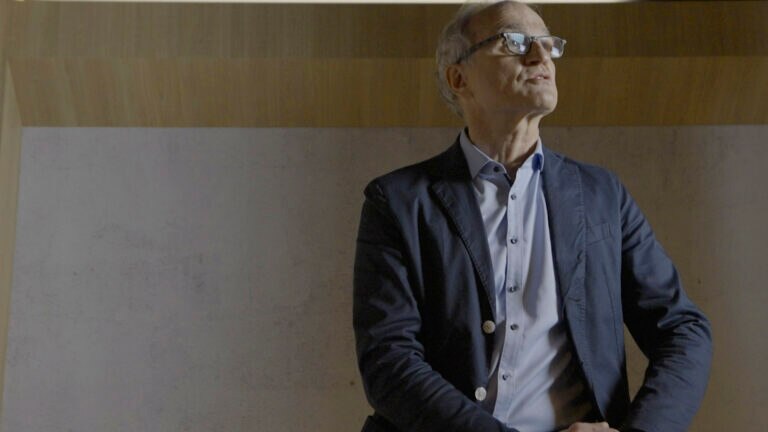
Crop Trust is the only organization whose mission is to guarantee that humanity conserves the planet’s diversity of crops and ensures their availability for future food security. It was founded in 2004 by FAO and Bioversity International on behalf of CGIAR. Since then, it has actively worked to safeguard the basic components of agriculture.
Slow Food
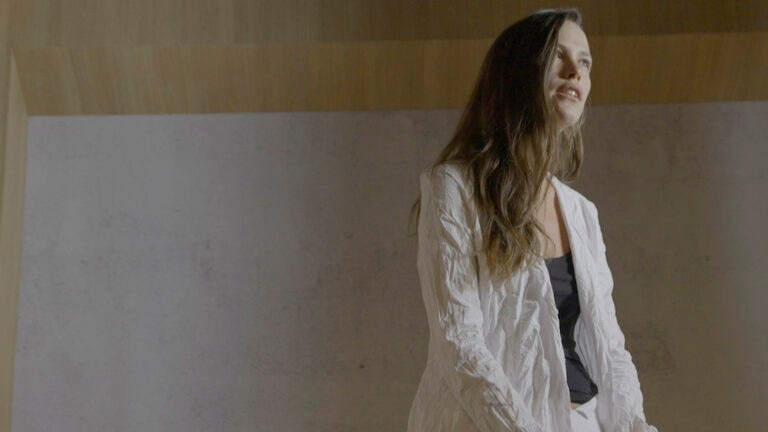
Slow Food was founded in the 1980s by Carlo Petrini and a group of activists with the initial goal of defending regional traditions, good food, culinary pleasures and the slow life concept. After two decades of history, the movement has evolved to address a global approach to food, recognizing the strong connections that exist between our food, the planet, people, politics and culture. Today, Slow Food is a global movement involving thousands of people and projects in more than 160 countries.
IFAD
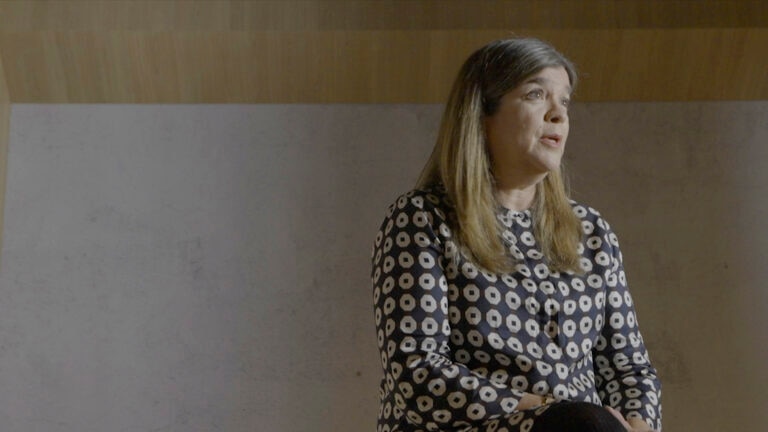
IFAD is an international financial institution and a specialized United Nations agency based in Rome. The fund invests in people living in rural areas, empowering them to increase their food security, improve the nutrition of their families and raise their income. The organization helps people build resilience, expand rural businesses and take charge of their own development.
Seed Guardians Network of Ecuador
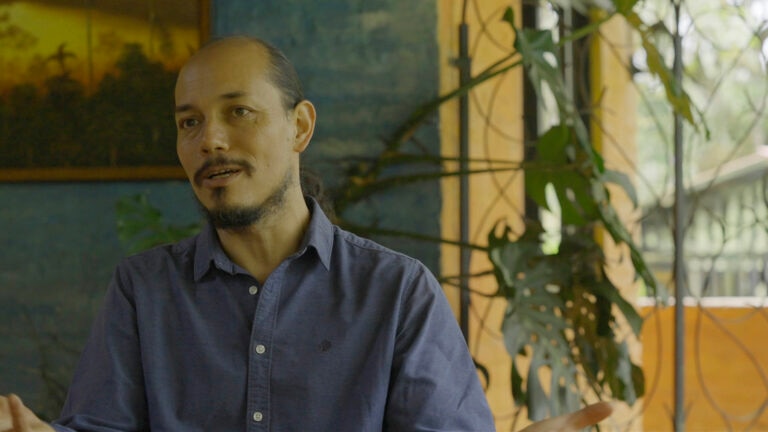
Since 2002, the Seed Guardians Network has been connecting families that protect agrobiodiversity and support regenerative life systems in Ecuador. The network’s guardians are people who, within the framework of agroecology and permaculture, receive special recognition for their knowledge, the work they carry out and share, and the social impact of their efforts. The group currently comprises approximately 100 families of Guardians, located throughout 15 provinces in Ecuador.
Svalbard Global Seed Vault
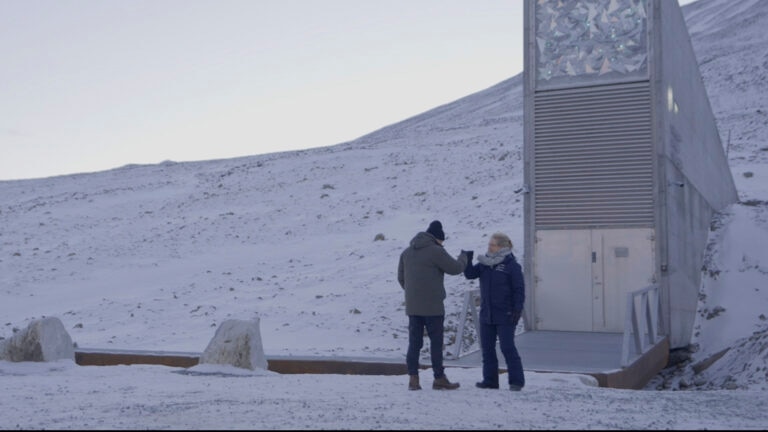
The Svalbard Global Seed Vault is the world’s largest crop diversity storage facility. It provides long-term storage of duplicates of seeds conserved in gene banks to help secure the global food supply. The Seed Vault is managed by NordGen in cooperation with the Norwegian Ministry of Agriculture and Food and the international organization Crop Trust.